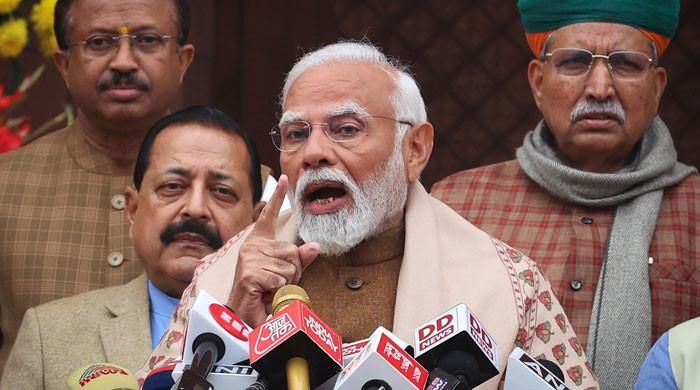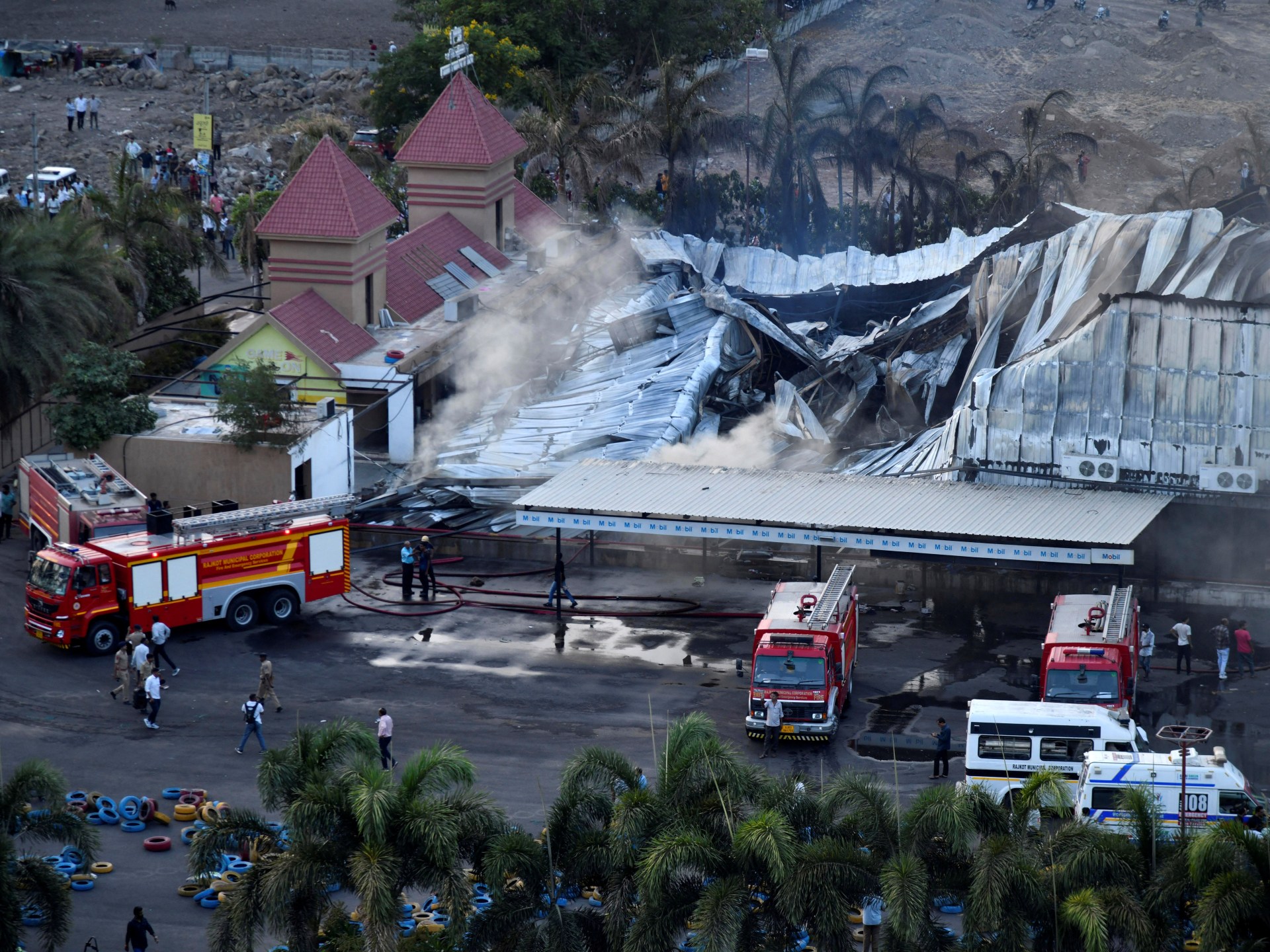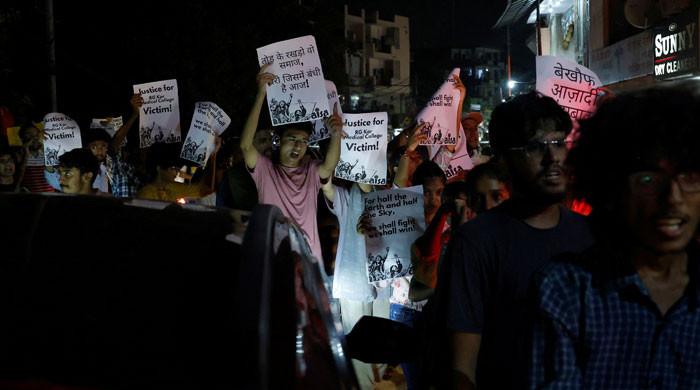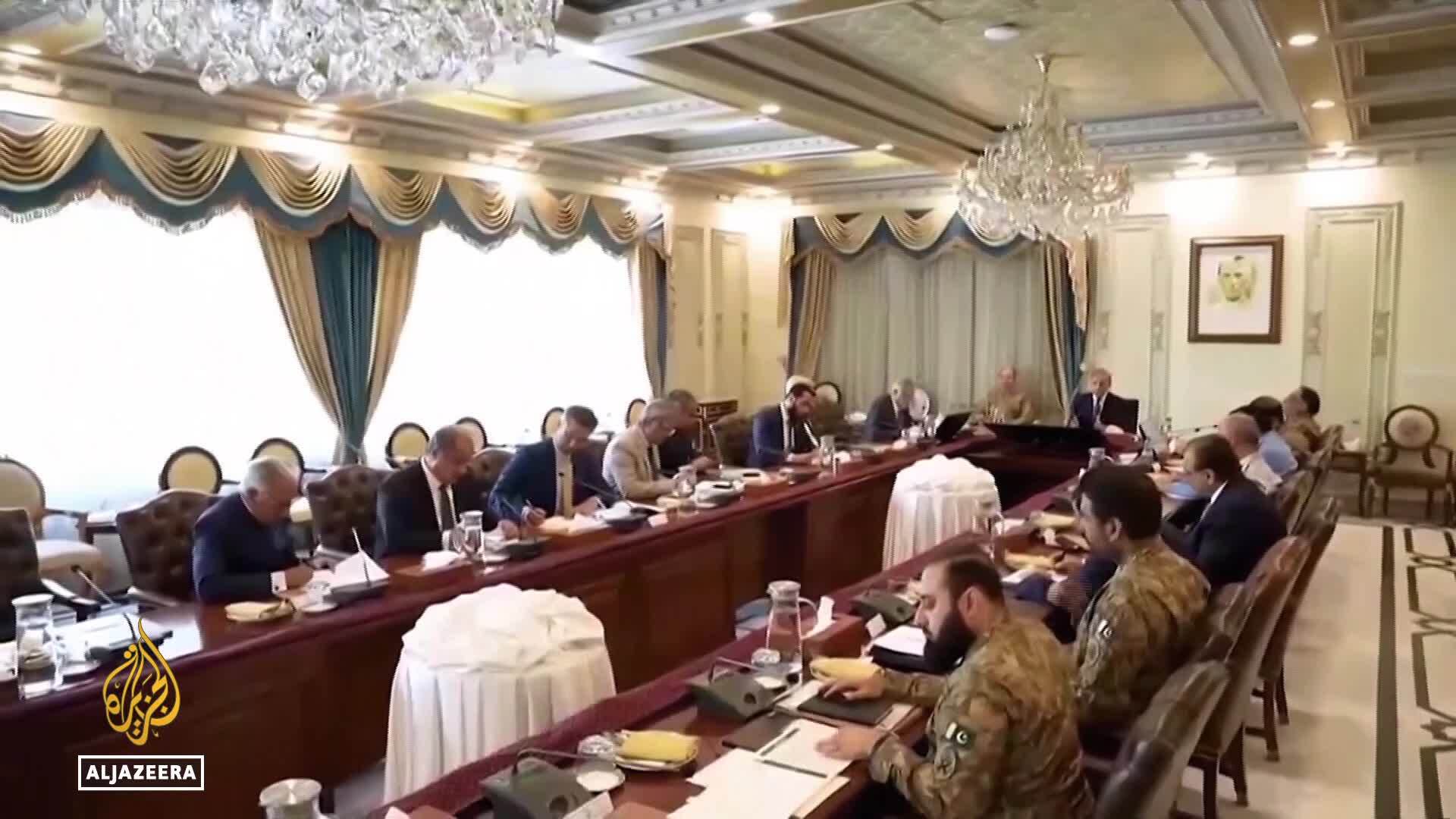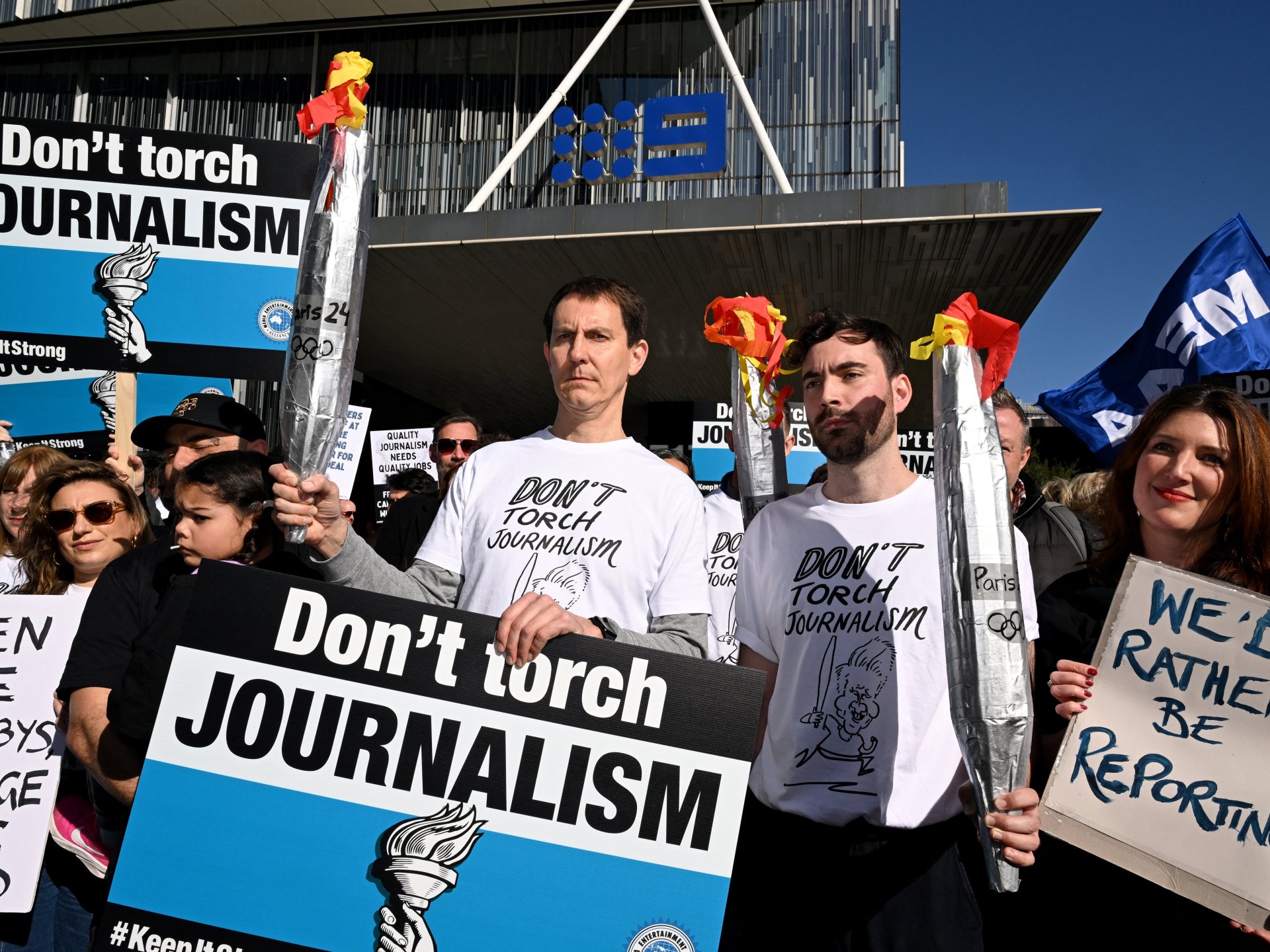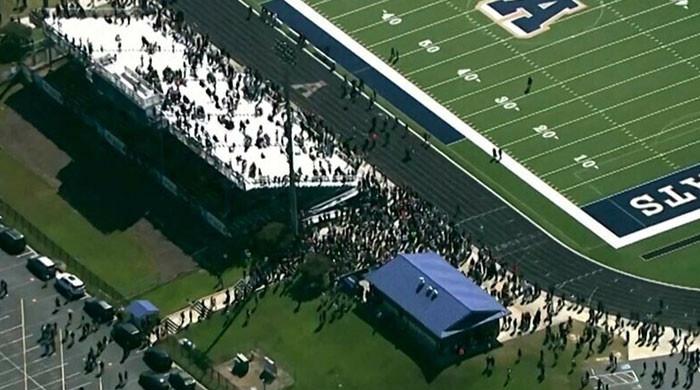The bill allows citizenship to all, except Muslims, from Indian neighbors such as Afghanistan, Bangladesh and Pakistan.
- The bill was passed in 2019 but was not implemented due to protests.
- Human rights groups declared the law “anti-Muslim” for keeping Muslims out.
- Bill was 'integral part' of BJP manifesto, says BJP government.
The far-right Hindu nationalist BJP government led by Indian Prime Minister Narendra Modi on Monday announced rules to implement the “anti-Muslim” Citizenship Amendment Act (CAA) 2019. Reuters reported.
Passed in 2019 by the BJP government, the controversial law allows Indian citizenship to non-Muslim refugees from India's neighboring countries.
Hindus, Parsis, Sikhs, Buddhists, Jains and Christians who fled to Hindu-majority India from mainly Muslim countries such as Afghanistan, Bangladesh and Pakistan before December 31, 2014, are eligible for Indian citizenship under the law.
The move comes just weeks before Prime Minister Modi seeks a rare third term for his Hindu nationalist government.
Several human rights groups have declared the law “anti-Muslim” for keeping Muslims out of its ambit, raising questions about India's secular nature. Despite the passage of the bill in December 2019, the Modi government had not drafted the rules of the law following nationwide protests.
Amid protests over the bill, violence broke out in the capital, New Delhi, in which numerous people, mostly Muslims, were killed and hundreds injured.
According to a Reuters report by a news agency on Monday: “Modi government announces implementation of Citizenship Amendment Act.
He was an integral part of the BJP in 2019. [election] manifest. This will pave [the] way for the persecuted to find citizenship in India,” said a government representative.
Muslim groups say the law, combined with a proposed National Register of Citizens (NRC), may discriminate against India's 200 million-strong Muslim community, the world's third-largest Muslim population. They fear the government could withdraw citizenship from undocumented Muslims in some border states.
The government denies accusations that it is anti-Muslim and has defended the law, saying it is needed to help minorities facing persecution in Muslim-majority nations.
He says the law is meant to grant citizenship, not take it away from anyone, and has called previous protests politically motivated.

